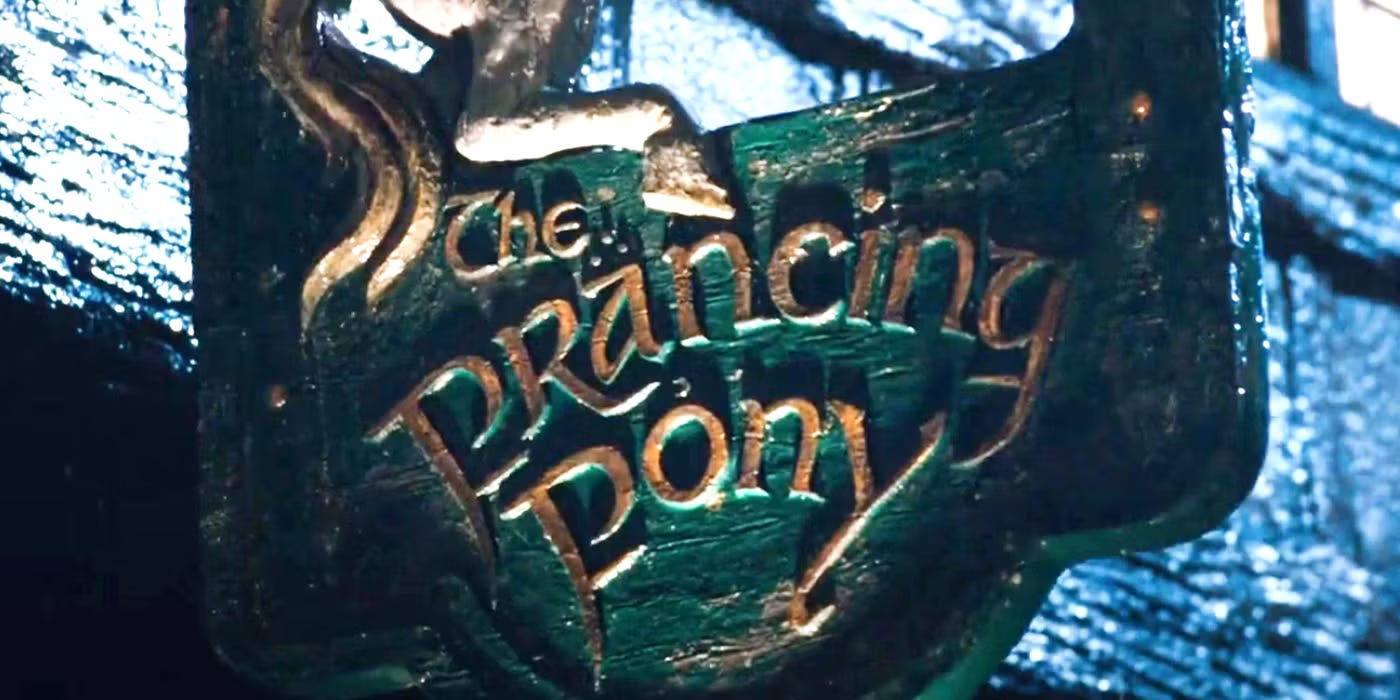For Tolkien lovers, especially fanatics of the LoTR fame, “The Prancing Pony” would immediately ring a bell. If you have seen Peter Jackson’s LoTR trilogy, you would have encountered the prancing pony in the first part; The Fellowship of the Ring. It was the name of an inn located in Bree, a small town on the crossroads of Middle-earth. It was a meeting ground for many weary travelers; men, elves, dwarves, and hobbits. It was what we might call a LIMINAL SPACE, a bridge between the known and unknown world. It was an atmosphere brimming with possibilities. The person or people you met in this place, could decide the fate of your journey. At least, that was the case for Frodo and his companions. It was here they met Aragorn, the Heir to the throne of Gondor, a scary stranger they would have avoided, had Frodo not mistakenly worn the One ring. That “mistake” brought Aragorn to them, and that encounter saved them from untimely demise. An unexpected but welcome twist that initiated an unexpected journey that was crucial to the fate of the entire Middle-earth.
This brief moment in the story holds several philosophical underpinnings that quite capture what I hope to achieve with this publication. I don’t intend to deconstruct those underlying themes in this introductory post, but merely to point out what I consider most significant: As was the case in the story, the intention of this “Prancing Pony” is to create a LIMINAL SPACE. My goal is to cultivate CLARITY by way of writing. For clarity, I believe is the mother of all fruitful transitions. Clarity bridges the gap between the old and the new, the known world and the unknown world. Writing is a time-tested masterstroke in the arena of ideas. By encouraging the synthesis of thoughts, both mine and yours, on different but aligned conversations on the matter of cities, markets, and polities, writing might awaken the light we need for the path we must forge. There are many paths open to us, but there are few among them that we must of necessity choose that will truly be consequential for a flourishing fate of human societies, whether nation-states or the more fluid term I prefer, polities. To recognize which few paths among the lot there are, is the burden of this publication.
The chaotic and very polarized political scene we have observed in recent years is a testament to, among others, a collective desperation for change. For the average person within this collective, the primary motivations are economic reasons. The greatest enemy of personal freedom in our times would appear to be economic distress. The world is several times wealthier than it was decades ago. We have seen unprecedented exponential economic growth across the world, and yet the freedom it should have brought seems more elusive than we have experienced in the past. There are seemingly simple explanations we might give for this. Some will say the great growth we have seen, has concentrated the wealth created in the hands of a few, and go on to blame the ruthless greed of those few. Others will say, that the mechanics of this growth, in this case the explosion in technological advances, has been for the distribution of global economies, both an angel and the devil. Technology gave the fitter in the jungle of human labor, an even superior edge and subsequently their exponential returns. Technology gave more to the ones who had more and consequently took from those who had less, seemingly implying that resource distribution in this jungle is subject to zero-sum games. More sophisticated thinkers might argue that nation-states have failed because their governance systems are run on obsolete or incompatible economic theories.
Perhaps the answers are a complex interplay of all these and a lot more other reasons, with different weighted measures for the contributing parts, per each unique social context. However, I dislike the word “complex”. In our bid, not to be in denial of the truly challenging nature of our dilemma or to be misled by Dunning Kruger’s Mount Stupid, we apply a label that intimidates rather than inspires agency. We would be wiser to heed Marie Curie’s words that nothing is to be feared, but only to be understood. Indeed, now is the time to understand more, so that we may fear less. Clarity is how we master the impossible. Such mastery may sometimes happen instantly but in most cases, we can only master one chunk of the impossible at a time. We owe it to ourselves and the generations after us, to take steps that are decisively progressive, maximizing the opportunities presented to us by our times.





Great job Eddy
There have been many avenues and tools that the awakened hearts seem to believe presents best solutions to usher the generation to their next phase. I am excited that among the few existing ones this publication seek to also explore polity as one of the tools. So many questions to ask but those are immature for now since the journey has just began. This is indeed a Fellowship and I’m excited to prance with the Company.